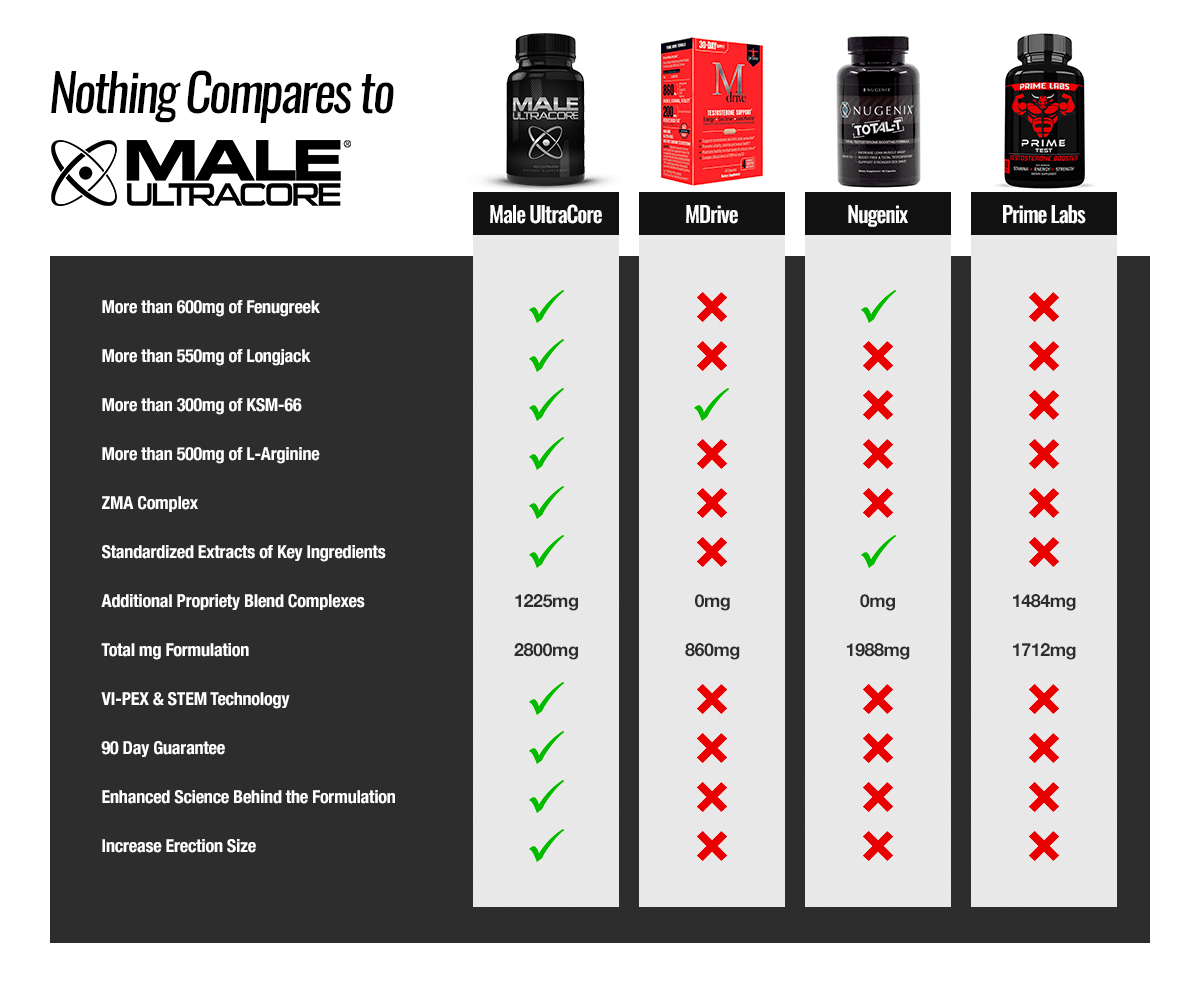Beta-blockers are used to treat chest pain, irregular heart rhythms, migraine headaches, glaucoma, tremors, social phobias, and heart attack. These drugs block the adrenaline causing the heart to beat with less force and slowly. This, in turn, lowers your blood pressure.
But these drugs have side effects. Here are the most common side effects when you are taking beta-blockers:
1. Dizziness
Dizziness is just one of the few side effects of beta-blockers. It can make you experience a series of sensations, such as woozy, weak, faint, or unsteady. It makes you feel as if your surroundings are moving or spinning. If you experience sudden, prolonged, severe, recurrent, and unexplained dizziness, you need to see a doctor.
2. Weakness
If it seemed like you have no muscle strength, you are most likely experiencing weakness. Weakness can affect some or your entire muscles. This can make it hard for you to do your daily activities, such as writing, grooming, or problems with balance. If your body is weak, you will feel tiredness or malaise.
3. Drowsiness

If you abnormally feel tired or sleepy during the day, you are probably drowsy. Drowsiness can also lead to falling asleep and forgetfulness. That is the reason why if you are taking beta-blockers, you are warned to drive or operate heavy machinery as it might be dangerous for you. If you experience prolonged drowsiness, you need to ask for an alternative medication.
4. Fatigue
Fatigue means that you are extremely tired physically and mentally. Usually, these concur, although mental and physical fatigue are different. Physical fatigue may include muscle weakness. A person who is physical fatigue finds it difficult to perform activities he normally does. A person who is mental fatigue, on the other hand, finds it hard to focus on a certain task.
5. Cold hands and feet
It may be normal to experience cold feet from time to time, maybe because of changes in temperature, lifestyle, or health. But if this happens over time, your blood flow will be affected, which will eventually cause the oxygen level in your tissues to decrease. If this happens, then your health will be at risk. Although this is a common side effect of taking beta-blockers, this should not be taken for granted.
6. Dry mouth
Taking beta-blockers can result in dry mouth. It is a condition wherein your salivary glands don’t yield enough saliva. If this happens, your mouth becomes dry or parched. Sometimes, it also comes with cracked lips, mouth sores, and a rough tongue. One of the best ways to avoid this is to drink more water as often as possible.
7. Dry skin
Dry skin causes dry patches, cracking, and small fine flakes. Sometimes, you cannot determine whether or not your skin is dry, but when it is itching, it is an indication that you have dry skin. If you are suffering from extreme dryness, your skin will most likely crack, which produces fissures. This is a common side effect of taking beta-blockers. To avoid this, you can use skin moisturizers after you take a bath.
8. Dry eyes
When you feel discomfort in your eyes, perhaps scratchy sensations, then you are most likely suffering from dry eyes. Taking beta-blockers can cause dry eyes. It happens when the quality and quantity of your tears are not able to maintain the lubrication of your eyes. If this makes you uncomfortable, then maybe you can ask your doctor to change medications.
9. Headache
There are various types of headaches, but they have one thing in common, and that is it causes pain. If you experience throbbing and visual disturbances, you probably have a migraine. It also comes with sensitivity to noise, odor, or light, loss of appetite, paleness, fatigue, fever, and dizziness. This is just a common side effect of beta-blockers and may go away on its own.
10. Upset stomach

The main reason for an upset stomach is the inflammation of the intestines and stomach lining. If this is due to beta-blockers, this will most likely go away on its own, and it can also be treated at home. Sometimes, it comes with cramping, nausea, vomiting, diarrhea, headache, chills, and fatigue. If this happens to you over time, then you may ask your doctor to change your medication.
11. Diarrhea
Although diarrhea is pretty common, it can become life-threatening if taken for granted. You are suffering from diarrhea if you have watery or loose stools. Some pass stools may be normal, such as in breastfed babies, but this is not diarrhea, and it is normal. Diarrhea may be resolved even without treatment. But if this persists, then it may be an indication of an underlying condition. If you are not comfortable with this, then you should ask your doctor to have an alternative medication.
12. Constipation
Beta-blockers may have a different effect on your body. Some people suffer from constipation after taking beta-blockers. If you pass fewer stools for days, if your stools are hard or lumpy, or if you feel like your rectum has a blockage, then you are most likely having constipation.
Conclusion
Taking beta-blockers will make you experience dizziness, drowsiness, fatigue, weakness, dry eyes, mouth, or skin, headache, upset stomach, diarrhea, and constipation as side effects. There are also reported cases where people experienced depression, shortness of breath, loss of sex drive, trouble breathing, trouble sleeping, swollen hands or feet, skin rash, and slow heartbeat.
Increase Your Testosterone Levels with Testosterone Boosters
Male UltraCore is a premium testosterone boosting supplement that is designed to maximize test levels, increase your performance and drive, and give you harder and fuller erections. 





